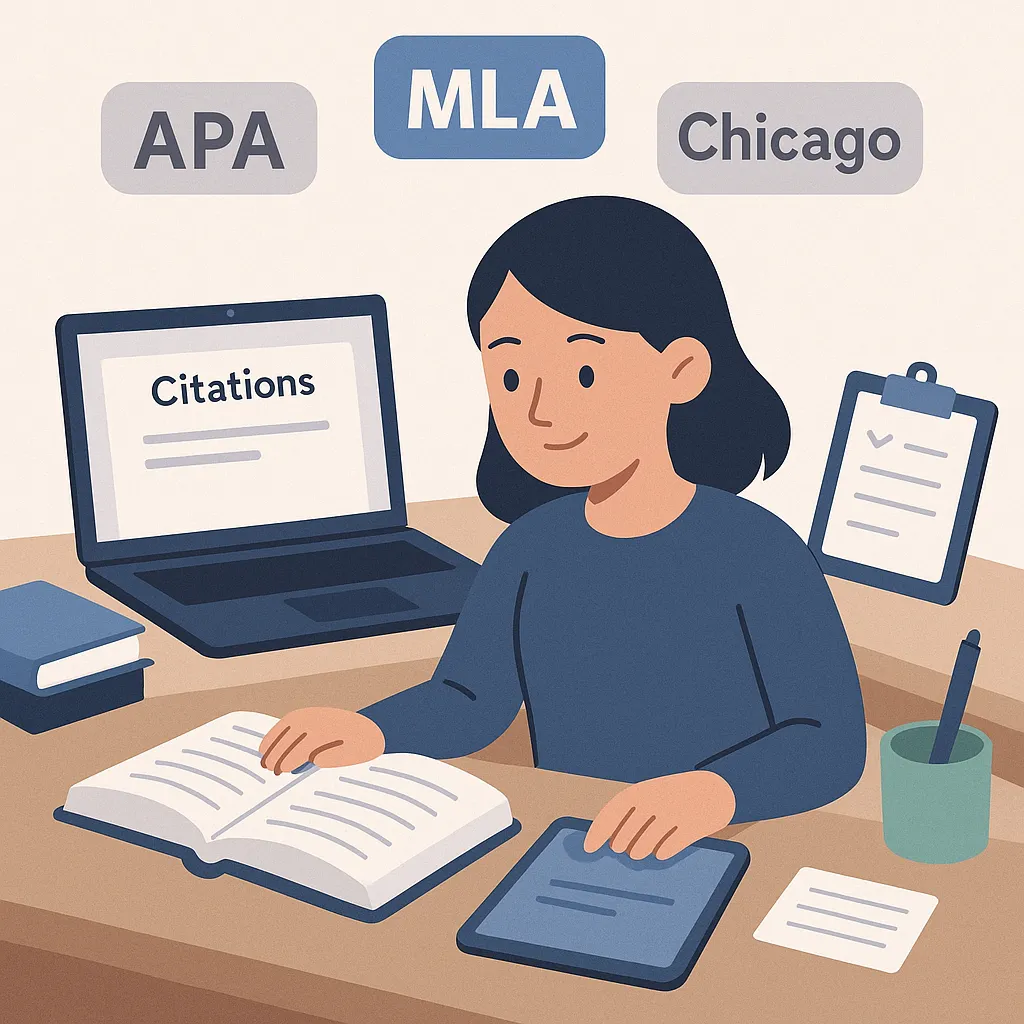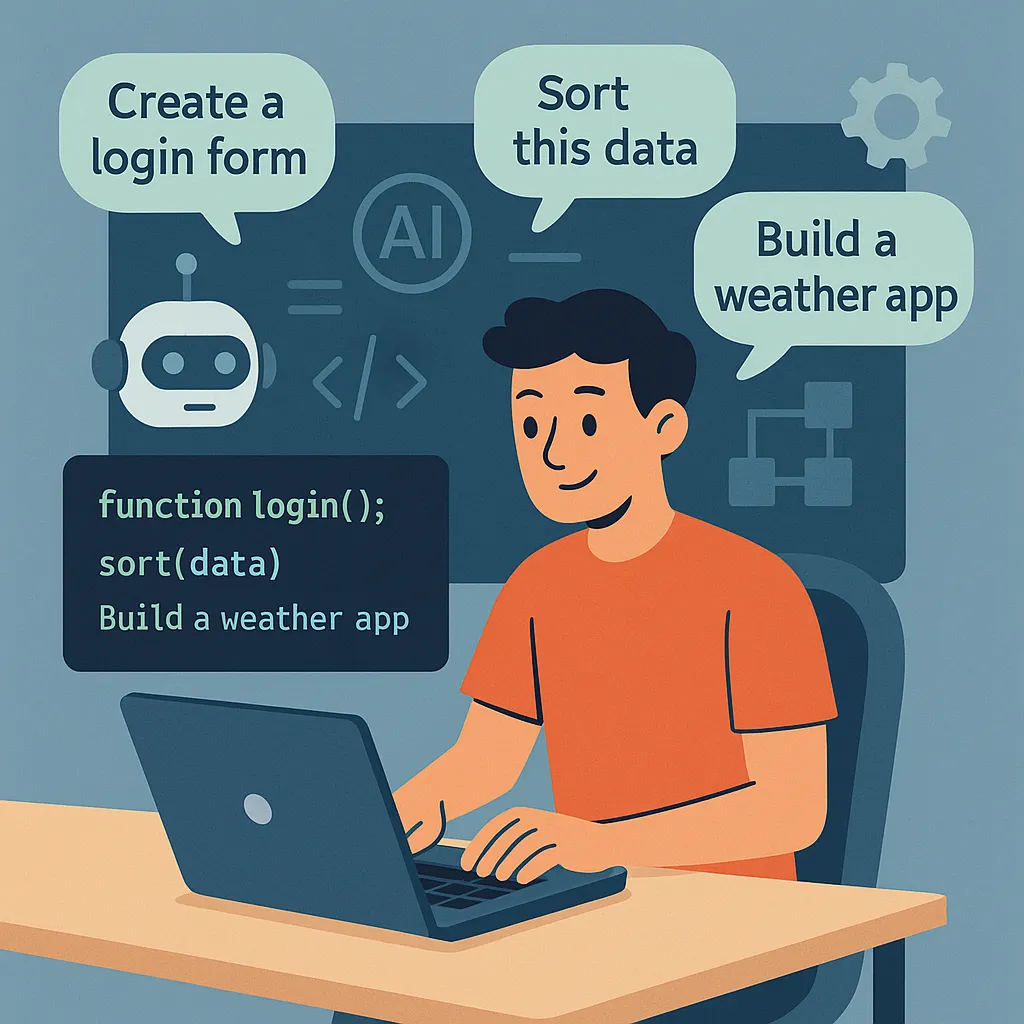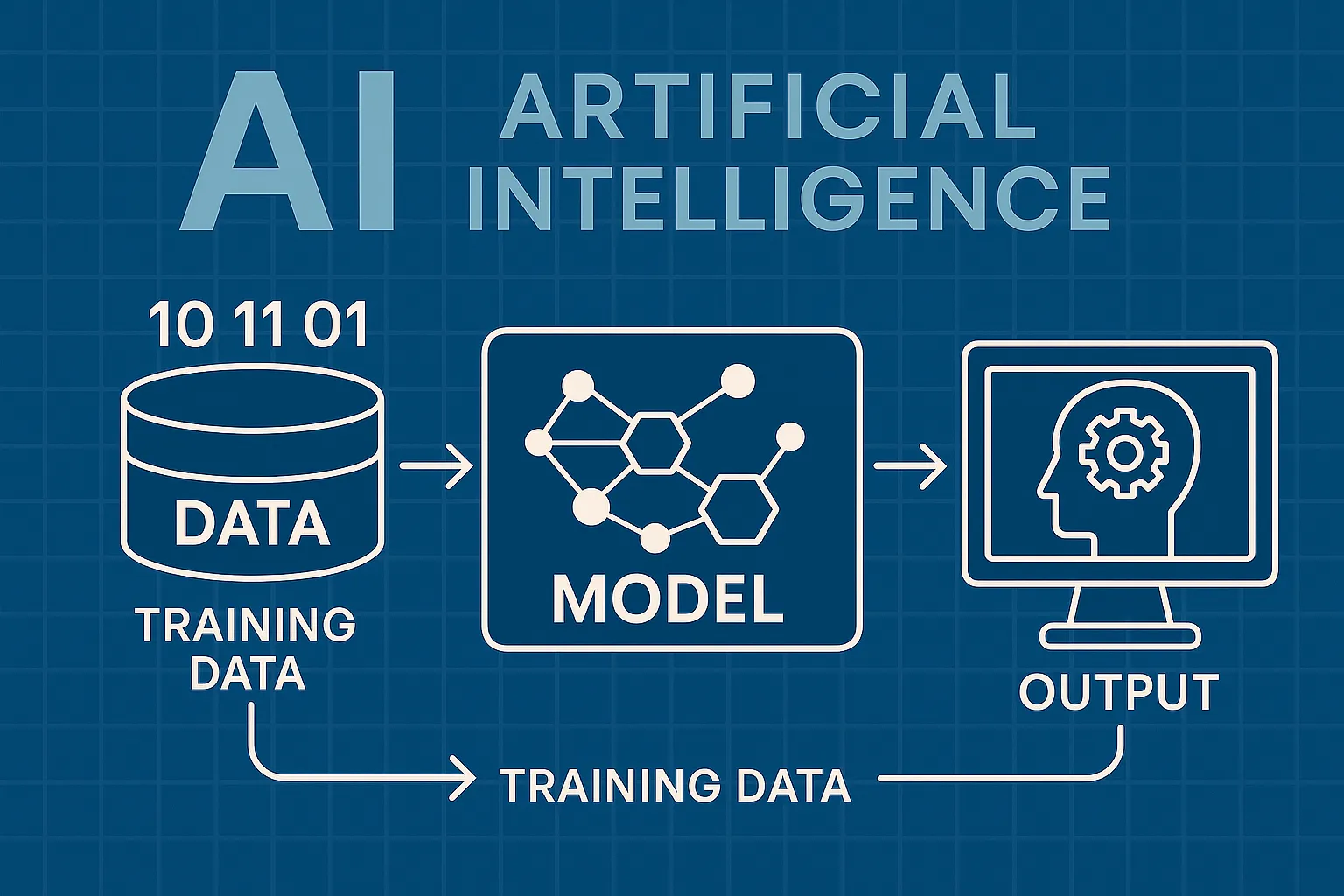AI citation tools make it faster and easier than ever to create properly formatted references for essays, reports, and academic papers. Whether you’re a student managing multiple sources or a professional preparing a publication, these tools can automatically generate citations in styles like APA, MLA, Chicago, IEEE, and more — often from just a URL, DOI, ISBN, or title. The best options go beyond basic formatting: they can detect metadata from PDFs and journal pages, auto-fill missing fields, clean messy author names, and keep your bibliography consistent across a long document. Many also integrate directly with Google Docs, Microsoft Word, and BibTeX/LaTeX workflows, which saves hours when you’re writing under deadline. In February 2026, modern citation platforms increasingly blend “classic” reference management with AI-assisted research features like smart paper recommendations, reading assistants, and citation-aware writing support — but the goal stays the same: fewer formatting errors, less manual entry, and more confidence that your references are correct. In this guide, we’ve ranked the best AI-boosted citation tools available right now, including both paid and free options. Each tool was evaluated based on speed, formatting accuracy, source compatibility, workflow integrations, and overall user experience — giving you a reliable shortcut to clean, professional bibliographies without the stress of doing it all by hand.

Best Paid AI Citation Tools
| Rank | Tool | Strength | Price | Limits |
|---|---|---|---|---|
| #1 | Zotero (with Storage Upgrade) | Best all-around reference manager + citation engine | $1.67/month (2GB annual) | 300MB free; storage tiers available |
| #2 | EndNote (Latest) | Publisher-grade formatting + Word workflows | $275 one-time | Upgrades may cost extra later |
| #3 | Paperpile | Fast Chrome + Google Docs citation workflow | $2.99/month (academic, billed annually) | Works best in Google ecosystem |
| #4 | Mendeley Premium (PRO) | AI reading assistant + library tools | $9.99/month | AI features depend on plan tier |
| #5 | SciSpace | AI research assistant + citation-aware writing | From $8/month | Credits/usage limits vary by plan |
Zotero (with Storage Upgrade)
Zotero is the gold-standard reference manager for many students and researchers because it’s fast, flexible, and built around capturing clean metadata from the web. With one click, Zotero can pull full citation details from academic databases, journal pages, Google Scholar entries, library catalogs, and many news or magazine sources — then store everything in an organized library with tags, collections, and PDF attachments. The reason it ranks #1 for February 2026 is the value: you can use Zotero for free, and only pay if you need more cloud storage. Zotero’s official storage plans start at 2GB for $20/year (about $1.67/month), which is enough for many people to sync thousands of citations and a large set of PDFs across devices. Add the browser connector plus a Word/Google Docs citation workflow, and you get a professional-grade citation system that works for essays, theses, and multi-year research projects without locking you into a single platform.
EndNote (Latest)
EndNote remains a top-tier choice for serious academic publishing because it’s built for precision and high-volume workflows. It supports thousands of journal styles, handles large libraries smoothly, and integrates deeply with Microsoft Word for “cite while you write” projects where formatting needs to be consistent across drafts, collaborators, and submission revisions. EndNote is especially strong for research-heavy fields where you need robust filtering, duplicate detection, PDF management, and reliable output for specific journal requirements. In 2026, it’s also positioned as a premium option that can reduce “formatting rejection” headaches when submitting to strict journals. The upfront cost is higher than most tools (often listed around $275 for a full license), but for students in graduate programs or professionals writing long-term publications, it can pay off by saving time and preventing citation errors that slow down submissions.
Paperpile
Paperpile is one of the smoothest citation managers for people who live inside Chrome and Google Docs. It’s designed to make the “collect → cite → share” loop incredibly fast: you can import sources from the browser, organize PDFs, generate citations in common styles, and insert properly formatted in-text citations and bibliographies directly in Docs. It also supports BibTeX and works well for STEM users who switch between Docs and LaTeX workflows. Paperpile’s pricing is straightforward, with an academic/personal plan commonly shown at $2.99/month billed annually, and it’s built to feel lightweight compared to heavier desktop managers. If your priority is speed and simplicity — especially for class papers, group assignments, and ongoing Docs-based writing — Paperpile is a strong paid pick that reduces friction and formatting mistakes.
Mendeley Premium (PRO)
Mendeley is known as an all-in-one reference manager with a strong PDF workflow, but in 2026 it stands out for adding AI-powered reading support features in its premium tiers. With Mendeley Premium plans, you can use a reading assistant to digest papers faster, manage a synced library across devices, and keep citations organized while you move between reading and writing. For students, the biggest advantage is consistency: your citations, PDFs, highlights, and notes live together in one system, and you can generate bibliographies in standard formats without manually rebuilding references every time. Mendeley’s PRO plan is commonly listed at $9.99/month, which is best justified for heavy research workloads (lots of PDFs, lots of reading, lots of citations). It’s a good fit for people who want citation management plus research support — not just a basic “copy/paste citation generator.”
SciSpace
SciSpace is a strong “AI-first” option for citation-heavy research writing because it blends citation generation with broader academic workflow tools. Instead of only formatting references, SciSpace focuses on helping you understand papers, extract key information, and write with stronger structure — while keeping citations and sources connected to the content you’re drafting. It’s especially helpful when you’re building a literature review or comparing multiple studies, since you can use it to discover related papers and generate citation-ready references as you go. Pricing and usage limits vary by plan, with entry plans often starting around $8/month. If you want an AI research assistant that still respects academic citation needs — rather than a generic chatbot that may guess missing metadata — SciSpace is one of the more practical choices for February 2026.
Best Free AI Citation Tools
| Rank | Tool | Strength | Limitations |
|---|---|---|---|
| #1 | ZoteroBib | Fast citations from DOI/URL/ISBN | No accounts, no long-term library saving |
| #2 | MyBib | Clean UI + strong student workflow | Still worth double-checking metadata |
| #3 | Google Scholar (Cite Feature) | Instant “Cite” for many academic sources | Formatting can be imperfect; needs review |
| #4 | BibGuru | Simple citation builder for essays | Style coverage varies by source type |
| #5 | Citation Machine | Quick APA/MLA/Chicago citations | Ads + manual corrections often needed |
ZoteroBib
ZoteroBib is one of the best “pure citation generator” tools on the internet because it’s fast, free, and backed by the same nonprofit ecosystem that maintains Zotero. You can paste in a DOI, URL, ISBN, or title and get a properly formatted citation instantly — then build a full bibliography by adding more sources. It supports thousands of citation styles (including APA, MLA, Chicago, IEEE, and many journal-specific variants), and it can export your bibliography for use in Word, Google Docs, or BibTeX workflows. The biggest upside is reliability and simplicity: it’s ad-free, doesn’t pressure you into upgrades, and usually pulls cleaner metadata than random citation sites. The tradeoff is that it’s meant for quick generation, not long-term library management — but for essays, reports, and short research projects, it’s hard to beat.
MyBib
MyBib is a popular free citation tool that feels modern and student-friendly, with a clean interface and fast results. It supports the most common academic styles and makes it easy to generate citations from websites, books, journals, and more — often with helpful prompts that reduce missing fields. It also offers export options for bibliographies and can fit nicely into a “quick assignment” workflow where you don’t want a full reference manager. Like all free citation tools, it’s smart to verify the output (especially author names, publication dates, and capitalization rules), but MyBib tends to be one of the smoother free experiences when you want a working bibliography quickly without installing software.
Google Scholar (Cite Feature)
Google Scholar includes a built-in “Cite” button that generates citations for many academic sources in common formats, making it a fast shortcut when you’re already searching for papers. It’s especially useful for quickly grabbing citation text or BibTeX entries for LaTeX workflows. The main limitation is that the formatting and metadata aren’t always perfect — Scholar is indexing content at scale, so it can occasionally miss fields, mis-capitalize titles, or mix up author information. The best way to use it is as a starting point: copy the citation, then quickly verify details against the publisher page or the PDF before final submission. For students doing literature searches, it’s still one of the fastest ways to move from “found the paper” to “added a citation.”
BibGuru
BibGuru is a straightforward citation builder built for students who want speed without a cluttered interface. It supports core citation formats and makes it easy to cite common source types like websites, books, journal articles, and videos. For typical school assignments, it’s often enough to produce a clean bibliography in a few minutes, and it works well when you’re citing a manageable number of sources. The tradeoff is that advanced edge cases (very niche styles, complex source metadata, unusual publishers) may require manual edits — but for standard essays and reports, BibGuru is a solid free choice that keeps the process simple.
Citation Machine
Citation Machine is widely used because it’s familiar and fast: you select a style (like APA, MLA, or Chicago), choose a source type, and generate a citation quickly. It’s convenient for students who are building a bibliography on a deadline, especially when citing a mix of websites and books. That said, you should expect to review the result carefully — ads and upsells can distract from the workflow, and metadata fields sometimes need manual cleanup to match strict instructor requirements. If you’re using Citation Machine, a good habit is to cross-check author names, title capitalization, and access dates before you submit your paper. Used with a little caution, it remains a useful free tool for quick citations.
Rankings

Chatbots
AI chatbots have quickly evolved from simple assistants into powerful, multi-purpose tools used by millions of people every day...

Image Generators
AI image generators are revolutionizing the way creatives, marketers, and developers produce visual content by transforming text prompts into detailed, customized...

Writing Assistants
AI writing assistants have become indispensable tools for anyone who writes — from students and bloggers to business professionals and marketers...

Deepfake Detection
As deepfake technology becomes more advanced and accessible, detecting AI-manipulated content is now a critical challenge across journalism, education, law, and...

Productivity & Calendar
AI productivity and calendar tools have become essential for professionals, entrepreneurs, and students looking to make the most of their time without getting overwhelmed...

Natural Language To Code
Natural language to code tools are transforming software development by enabling users to build apps, websites, and workflows without needing advanced programming...
Blog

How AI Actually Works
Understand the basics of how AI systems learn, make decisions, and power tools like chatbots, image generators, and virtual assistants.

What Is Vibe Coding?
Discover the rise of vibe coding — an intuitive, aesthetic-first approach to building websites and digital experiences with help from AI tools.

7 Common Myths About AI
Think AI is conscious, infallible, or coming for every job? This post debunks the most widespread misconceptions about artificial intelligence today.

The Future of AI
From generative agents to real-world robotics, discover how AI might reshape society, creativity, and communication in the years ahead.

How AI Is Changing the Job Market
Will AI replace your job — or create new ones? Explore which careers are evolving, vanishing, or emerging in the AI-driven economy.

Common Issues with AI
Hallucinations, bias, privacy risks — learn about the most pressing problems in current AI systems and what causes them.